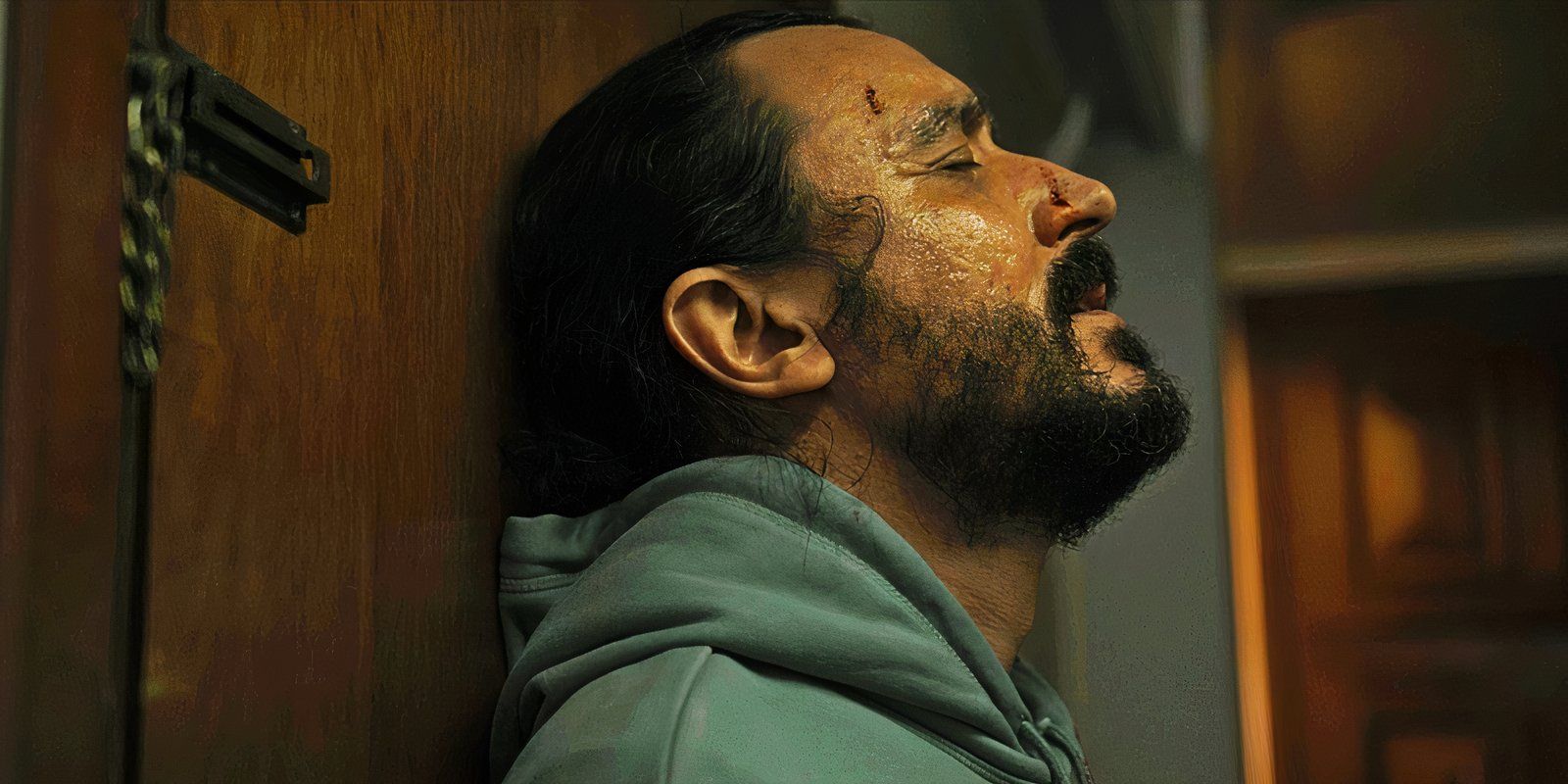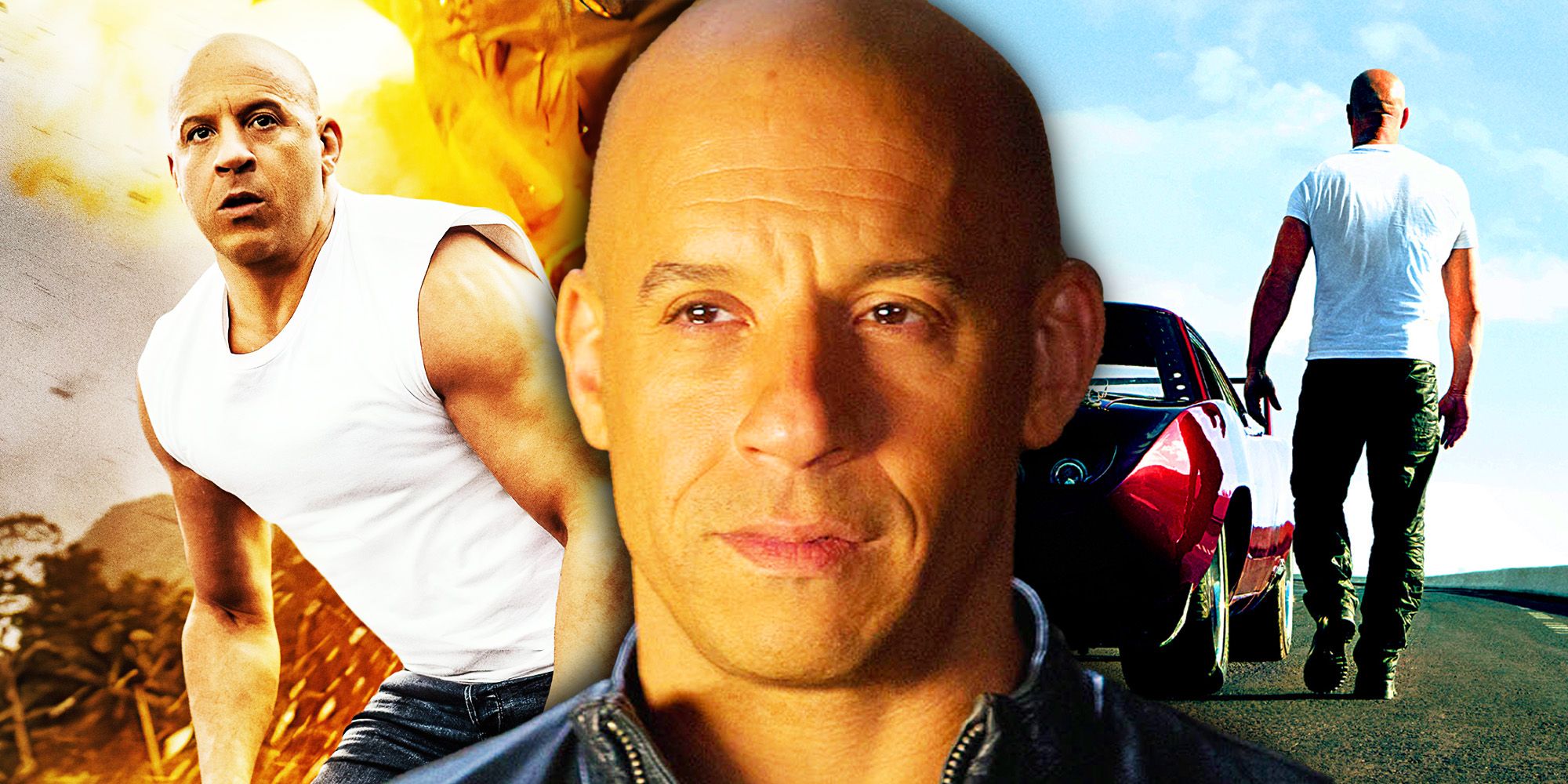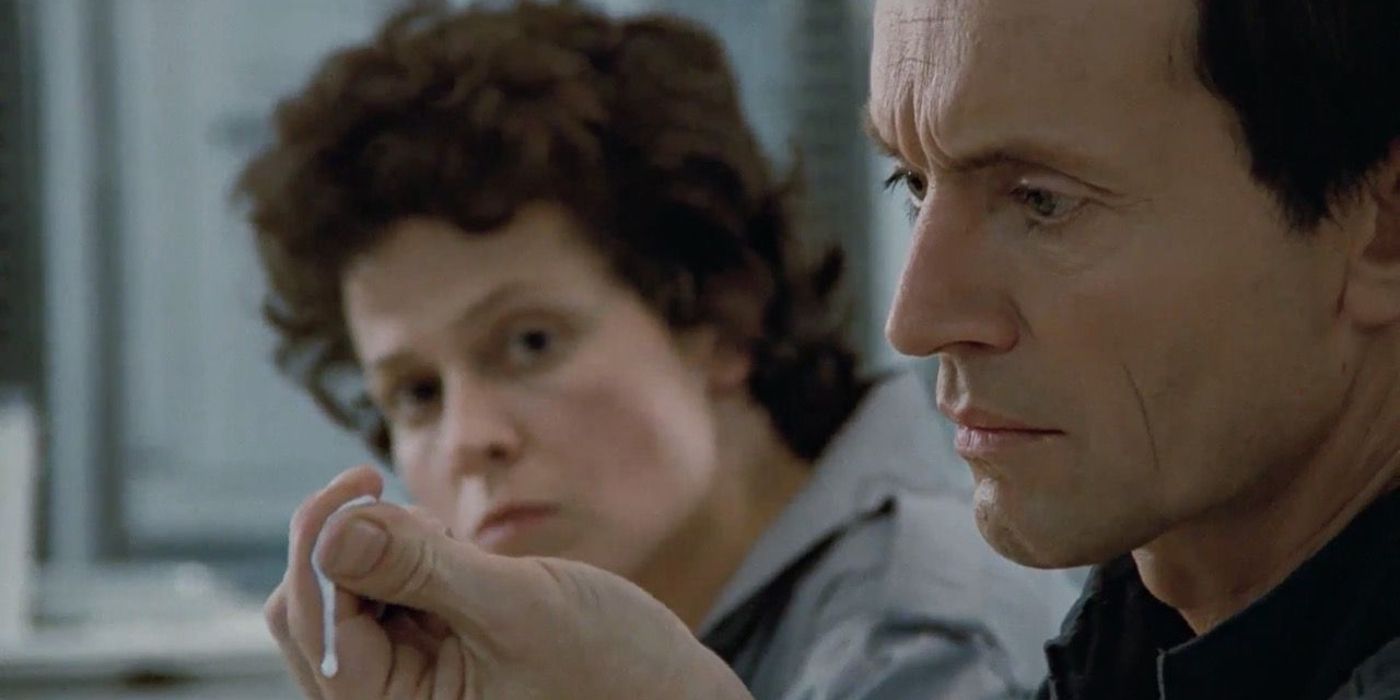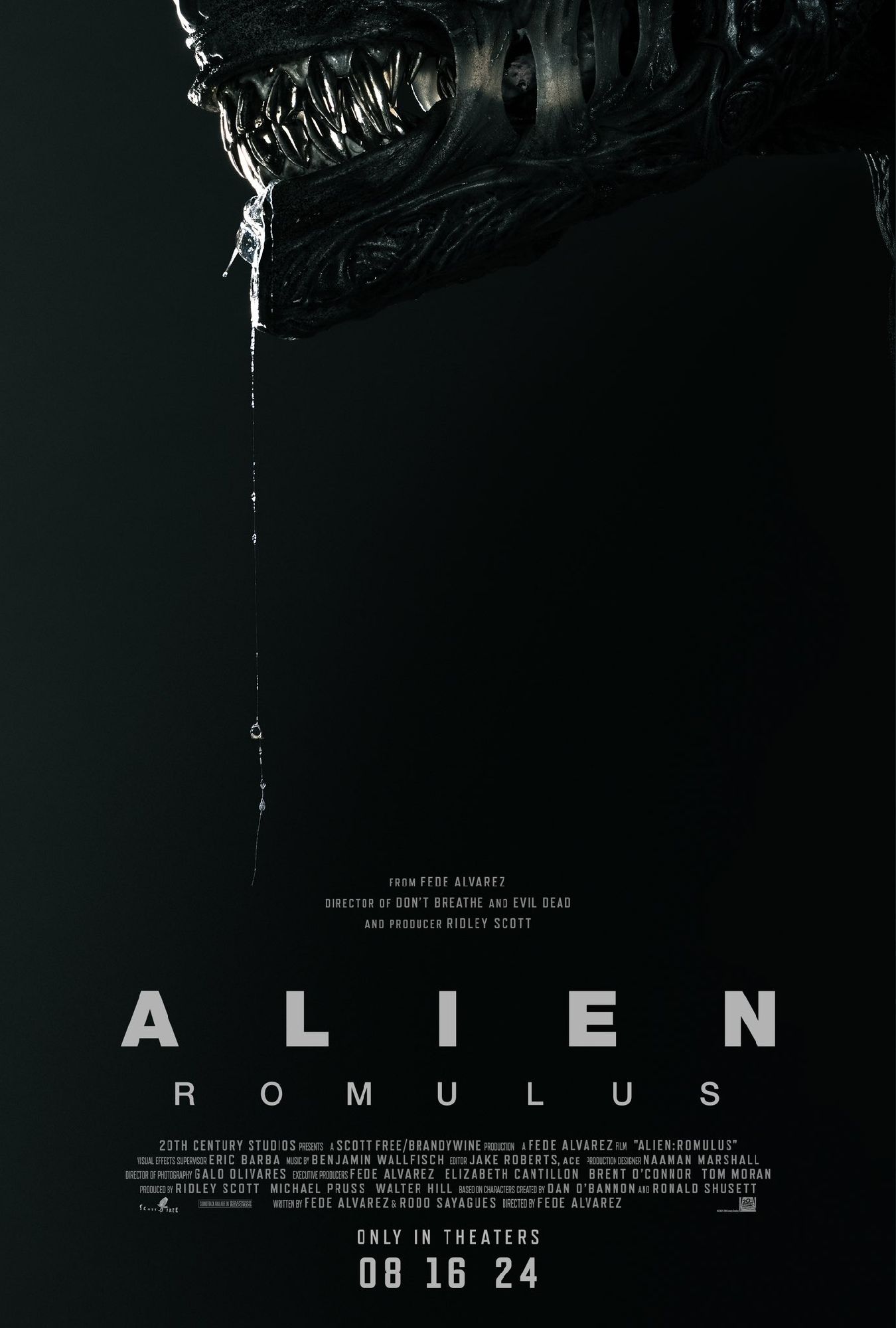Summary
- Alien: Romulus breaks tradition with a heroic android character, departing from the franchise's typical villainous androids portrayed.
- The reboot aims to return to the roots of the Alien series, focusing on gritty sci-fi horror with less emphasis on philosophical themes.
- By introducing a heroic android, the film may bring back the moral complexity seen in characters like Bishop from the Aliens movie.
Although Alien: Romulus promises to keep many Alien franchise traditions alive, at least one element of the reboot will be a major departure from a recent series trend. The Alien movies have been through many incarnations, all of which differ from each other greatly. 1979’s original Alien was a horror movie, while 1986’s Aliens was an action-forward sci-fi thriller with more firepower. 1990’s maligned Alien 3 was the bleakest entry into the series, whereas 1997’s Alien: Resurrection added moments of offbeat comedy.
The upcoming reboot Alien: Romulus looks set to bring the franchise back to its roots, both thematically and chronologically. The promotional materials for Alien: Romulus promise a violent, gritty sci-fi horror story that will drop the philosophical diversions of Ridley Scott’s prequels Prometheus and Alien: Covenant. Even Alien: Romulus’ place within the Alien timeline, between Alien and Aliens, suggests it will be a return to the franchise’s more straightforward glory days. Meanwhile, a recent revelation about one supporting character further proves that the movie will depart from Scott’s prequel themes when Alien: Romulus ends a 38-year trend.
Alien: Romulus Features A Heroic Droid
Star Cailee Spaeny Explained The Synthetic Character’s Role
In an interview with Entertainment Weekly, star Cailee Spaeny explained that Andy, the synthetic character in Alien: Romulus, won’t necessarily be a villain. Per Spaeny, ”Rain’s brother [Andy] is a synthetic. She loves him like her brother, but there are difficulties growing up with a synthetic.” Throughout the Alien franchise, android characters have typically been unambiguously villainous figures. Ian Holm’s Ash was the first duplicitous droid in the movies, but Michael Fassbender’s Prometheus character David was the most Machiavellian of the robots encountered throughout the series. Since his experiments helped turn Xenomorphs into perfect killing machines, David is arguably the franchise’s worst villain.
While the Xenomorphs and Neomorphs of Scott’s Alien prequels were still lethal and terrifying, they were also mindless monsters that killed instinctually. In contrast, David was a cold, calculated killer who manipulated the heroes of the prequels at every turn. As such, Alien: Romulus introducing a heroic android is a significant departure for the series, and it proves director Fede Alvarez’s movie won’t be afraid to stray from franchise tradition. This is great since one of the biggest criticisms leveled at Prometheus and Alien: Covenant was that both movies seemed more interested in David than the Xenomorphs themselves.
The Alien Franchise’s Androids Are Typically Villains
Alien, Alien: Covenant, and Prometheus Featured Evil Androids
Apart from an important exception, the Alien movies typically depicted androids as inherently untrustworthy beings. Ash was a heartless killer who was loyal to Weyland-Yutani instead of his colleagues, while David was a monster with a god complex who engineered the genocide of an entire alien race in Alien: Covenant. After multiple movies in the series leaned into this depiction, it is hard for the trope not to feel a little tired. This fear of technological advancement even extended into Alien: Resurrection, where the cloned Ripley is more morally ambiguous thanks to her human/Xenomorph DNA.
Alien: Romulus risks ruining this recurring idea by humanizing its androids
However, there is an important thematic reason that the Alien franchise’s androids are usually evil, and Alien: Romulus could ruin this. The Alien franchise’s satire of class warfare tied the inhumanity of androids to the unfeeling callousness of the Weyland-Yutani Corporation in Scott's three movies. Thus, Alien: Romulus risks ruining this recurring idea by humanizing its androids. The robot characters of earlier movies aren’t just unfeeling villains. Rather, they are emotionless and evil because this makes them the perfect employees for a faceless, amoral corporation. Alien: Romulus must find another way to broadly condemn Weyland-Yutani.
Alien: Romulus’ Synthetic Twist Departs From Ridley Scott’s Prequels
Michael Fassbender’s David Was The Main Villain Of Scott’s Later Alien Movies
Alien: Romulus can highlight its famous monster by giving Andy a less central role
While Alien using Ash as an embodiment of inhumane corporate culture was clever, the gag was overextended in Prometheus and Alien: Covenant. Fassbender provided a mesmerizing performance as David in both movies, but his character arc ended up overshadowing the main plot of the prequels. Alien: Romulus avoided a horror franchise reboot mistake by not bringing back the original Final Girl Ripley, but returning to David’s story could have been even more damaging for the standalone sci-fi horror story. Ultimately, even the most ambitious Alien movie should be about its eponymous monster at the end of the day.
In contrast, David’s story in Prometheus and Alien: Covenant took on sprawling, deep themes like artificial intelligence, intelligent design and evolution, and the nature of free will. These ideas were better suited to the world of Scott’s other franchise, the Blade Runner movies, rather than the gory, horror-centric Alien movies. Scott’s prequels focused too much on David and not enough on the Xenomorph, whereas Alvarez’s Alien: Romulus can highlight its famous monster by giving Andy a less central role. Andy’s relative heroism could make him less like David and more like the most underrated android in the franchise, Lance Henriksen’s Bishop.
Aliens Featured The Franchise’s First Heroic Android
Bishop’s Great Role Bodes Well For Alien: Romulus’s Synthetic
Aliens complicated Alien's depiction of androids as villains aligned with Weyland-Yutani and created a compelling character in the process. Initially, Ripley didn’t trust Bishop after she was woken from her cryogenic stasis. Ash was her only previous experience with androids, so she understandably assumed they all valued their corporate overlords above their co-workers. However, the surprisingly complex Bishop ended up becoming an integral part of the heroic quartet at the core of Aliens. Alongside Newt, Hicks, and Ripley, Bishop helped save the day in the sequel’s triumphant ending. This proved android characters could be more than straightforward villains.
Judging by Spaeny’s comments, Andy’s story could align with Bishop’s character. Alien: Romulus bringing back Ripley would be much less exciting than the movie reviving the elements that made her first two movie appearances so great, and the moral complexity of characters like Bishop was central to their appeal. Andy’s status as an android marks him as an outsider, while his status as Rain’s brother makes him integral to the story. This results in a compelling dynamic that Alvarez’s movie can mine for drama. Thus, Alien: Romulus departing with the Alien franchise tradition could be a good thing if the reboot pulls off this subplot.
Source: Entertainment Weekly








